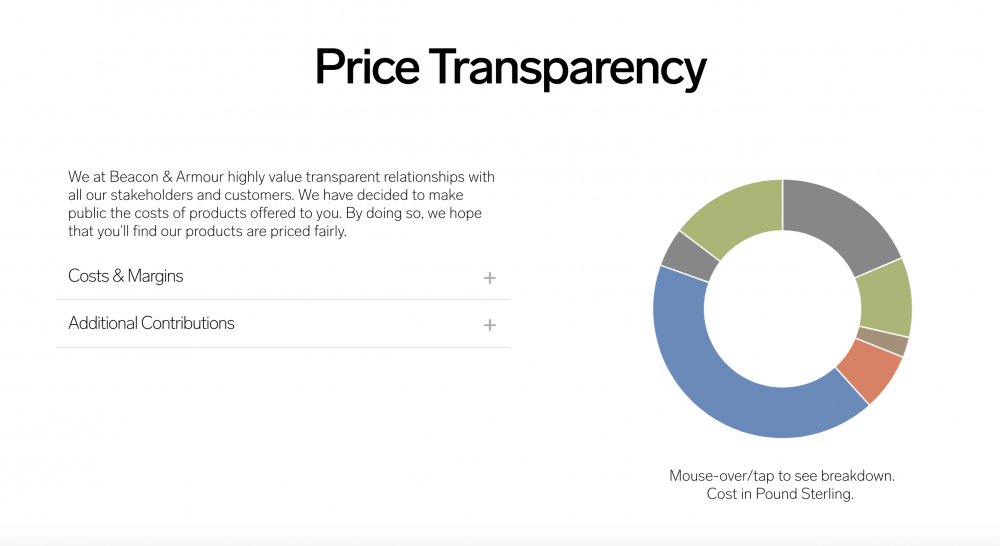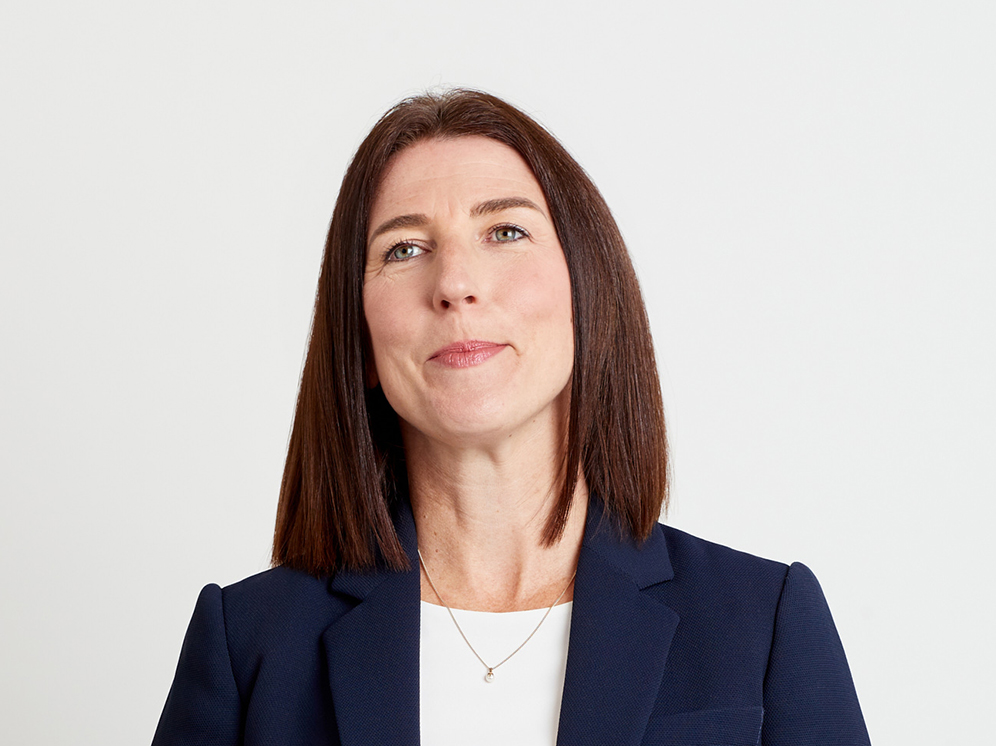Resetting the corporate compass
We have become acutely aware of how our choices and actions impact our planet and societies. As a result there has been a huge shift in what people are demanding of organisations. Customers increasingly expect companies to be sustainable and ethical; staff take ethos into account in their employment choices; and investors see purpose as important to realising a good return.
Over half of global consumers (52%) say they are attracted to buy from brands that align with their personal values and stand for something bigger than just the products and services they sell. (Accenture, 2018)
Businesses are rising to this challenge. Here we look at some of the implications for organisations of all sizes who want to make a positive impact through their brand, products, supply chains, workplaces, and communities.
Table-stakes for start-ups
Most start-ups now launch with a higher purpose in mind and want to stand for more than simply turning a profit. Embedding a good ethos from the start provides the groundwork for an important emotional connection with the consumer. But this must be authentic; consumers today will take you apart if it doesn’t feel real.
Entrepreneurs now think long and hard about their model – how they produce, buy, and ship with deep consideration given to people and the planet. At the same time, this is business, not charity, so making money is still essential. Cheap prices do not generally go hand-in-hand with ethically run businesses, and brands need to find the sweet spot that still represents value for their audience.
Consumers are increasingly open to the idea of paying more for a brand that is transparent about its practices and focussed on doing good. Fashion start-up Beacon & Armour for example, headline their cost to produce so that the customer understands that products are priced fairly, and that what they are paying is investing in a better way of producing, rather than simply lining the pockets of the owners.

To command a premium means presenting consumers with a product that is better for the planet and people, but which they also genuinely think is interesting, engaging, aspirational, more fashionable, more stylish, and more tasteful than they would normally buy. In this context, the importance of building a strong brand from the start has never been greater.
Embedding new purpose into an established business
Faced with the knowledge that more discerning customers will be defecting to more ethical brands, established businesses are upping their game.
Nimble start-ups have the opportunity to take a fresh perspective, but shifting an established model is often harder, with inevitable cost implications. But we see time and time again, it is possible, and arguably essential, to evolve.
We spoke with Simon Terry, the MD of iconic British lighting brand Anglepoise – established in 1932 and still a private family-owned business. The business has been on a journey of transformation for the past 8 years, with a focus on sustainability and a long-term view, well beyond the typical 3-year plan timeline.
All businesses that matter are becoming more purpose-led and purpose-driven. If you look at Patagonia and Tom's shoes, they are fundamentally about purpose but us other companies weren't born like that. It's an interesting tipping point in that we all need to start doing the right thing. The biggest stakeholder in the world is the planet.
While there are consumer audiences with the commitment and resources to go out of their way to shop and live responsibly, for most it needs to incur minimal incremental cost and effort to translate into a change of behaviour.
So as this outlook becomes mainstream, ethical business is no longer a niche proposition but something that established businesses have a commitment to delivering to all of their consumers – not just the ones that can afford it.
Iceland, who traditionally serves a lower income customer, are leading the way in their initiatives, refusing to sell products containing palm oil and committing to becoming Plastic Free by 2023.
Changing course for global corporations
On a larger scale still, global corporations wield the greatest power over our buying choices. But are they too big and cumbersome to make the change?
The answer is absolutely not. But it takes focus. Corporations must commit to meaningful change; a fundamental rethink is required to rewire the corporate DNA – setting goals which drive innovation in products and processes, and aligning business around a new purpose.
Unilever is a great example. Having reset their compass to a new destination – making sustainable living commonplace – they have created an organisation that lives and breathes this ethos, with all brands in their portfolio aligned to achieving the defined goals. This has included buying up B-Corp companies and reshaping existing brands.
At this scale, the drive must come from the top and run through every vein of the organisation to influence decisions around investment, infrastructure, systems, and processes.
An aligned vision is the key, and in the long run this model has shown to benefit the triple bottom line of people, profit and planet. For Unilever this approach has driven innovation and brand equity, as the proposition better talks to the needs of the consumer. This elevates reputation, in turn becoming a more appealing place to work with better staff engagement. And at the same time, ultimately generating cost savings in the supply chain through better management of resources. A truly sustainable model which is great for their shareholders, communities, and employees.
In conclusion
Addressing unsustainable consumption and inequality has moved further and further up our social agenda. The shift towards more ethical social and environmental practices is accelerating, driven by strong consumer, investor, and employee sentiments. It can no longer be an afterthought for any company.
Those businesses which operate in this way, either because of their founding principles or as a result of investing in transformation, are most likely to succeed and stay the distance. As long as they are authentic in their purpose, strong in their leadership, and consistent in their behaviours.
Please get in touch if you would like to know more about our work with businesses in establishing a purpose to strike a balance where profitable business can also be a force for good.




